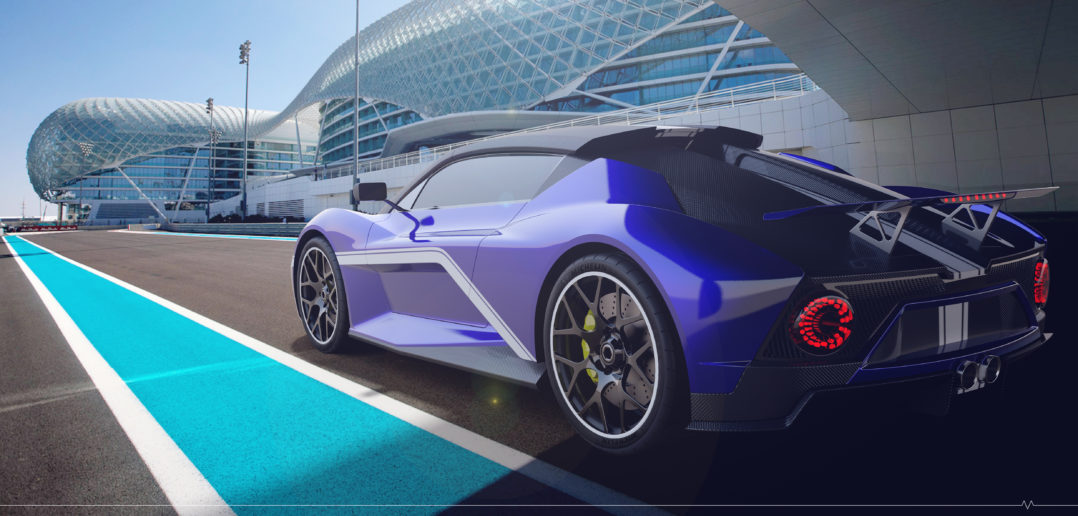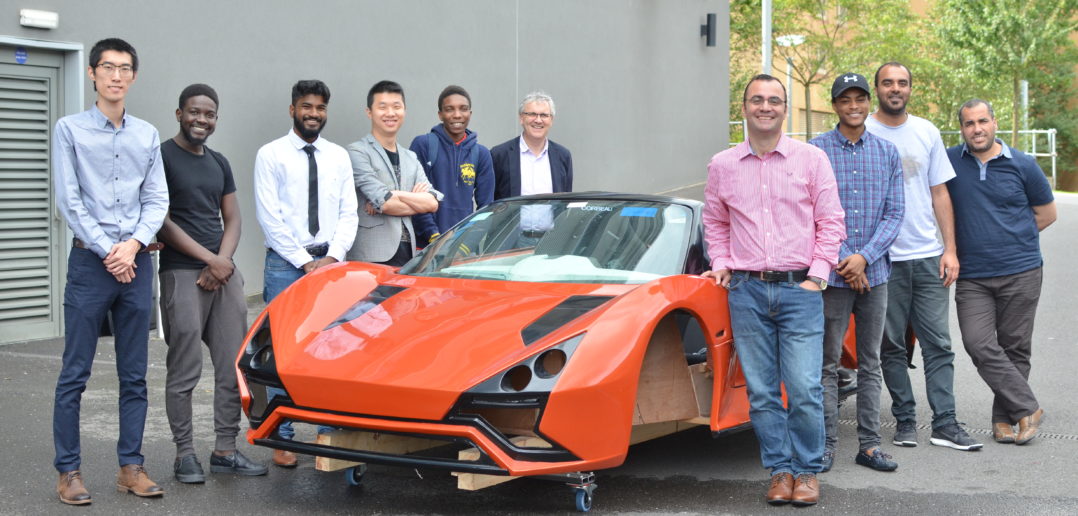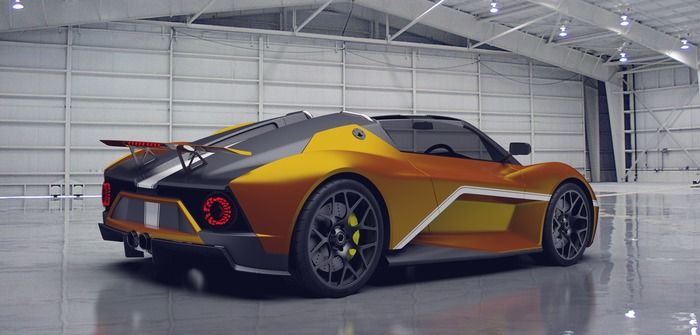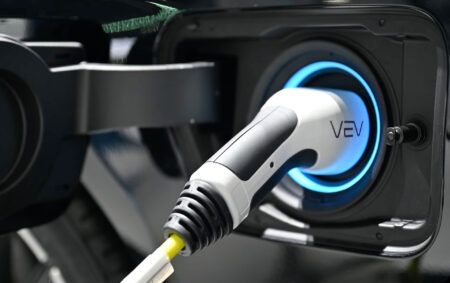Coventry University’s National Transport Design Centre (NTDC) has revealed details of a design concept that could not only be the basis of an electric sports car, but could offer a platform for other parties to develop. The Sparrowhawk project has yielded an electric vehicle platform, which could be used to develop reduced-cost vehicles, as well as forming the basis for the university’s own high-performance EV.
“In essence, the car uses an all-aluminum structure that is specifically designed to house the powertrain system and battery pack, while maintaining a low seating position, as befits a sports car,” explains Mike Dickison, Associate Dean, Enterprise & Commercial at the university’s Faculty of Engineering, Environment & Computing. “Safety is a key factor, along with chassis stiffness and generous occupant space. Ease of manufacturing and versatility are also important, so our concept is based on creating a fully driving chassis and having lightweight composite exterior panels that serve aerodynamic and styling functions, but are not contributing to basic structural integrity. This means that aesthetic design changes are easily implemented and customers could even commission their own individual one-off vehicle, based on the Sparrowhawk underpinnings.

“The plan is for a niche product of up to 100 units per year. Individual customization is a key benefit, plus zero-emission sports cars are currently very rare, so this car will not only serve as an interesting leisure vehicle, but it will also be very environmentally friendly. We aim to keep the price below the premium, exclusive range of over £100,000 (US$140,800). The price will very much depend on the individual specification for each car, but an entry-level price of around £60,000 (US$84,500) is currently being targeted.

The team is currently in discussion with supplies for the EV powertrain, with details on the propulsion technology to be confirmed. The Sparrowhawk team are targeting a 0-60mph (0-97km/h) time of approximately 6 seconds, a top speed of 100mph (161km/h) and a range of around 150 miles (240km).
“It is not intended to be a really fast car,” says Dickison. “It isn’t any more difficult to engineer a very fast car, but the cost and mass would escalate. We specifically want to keep the car in a more affordable price bracket.”
Look out for more on the project in a future issue of Electric & Hybrid Vehicle Technology International.





